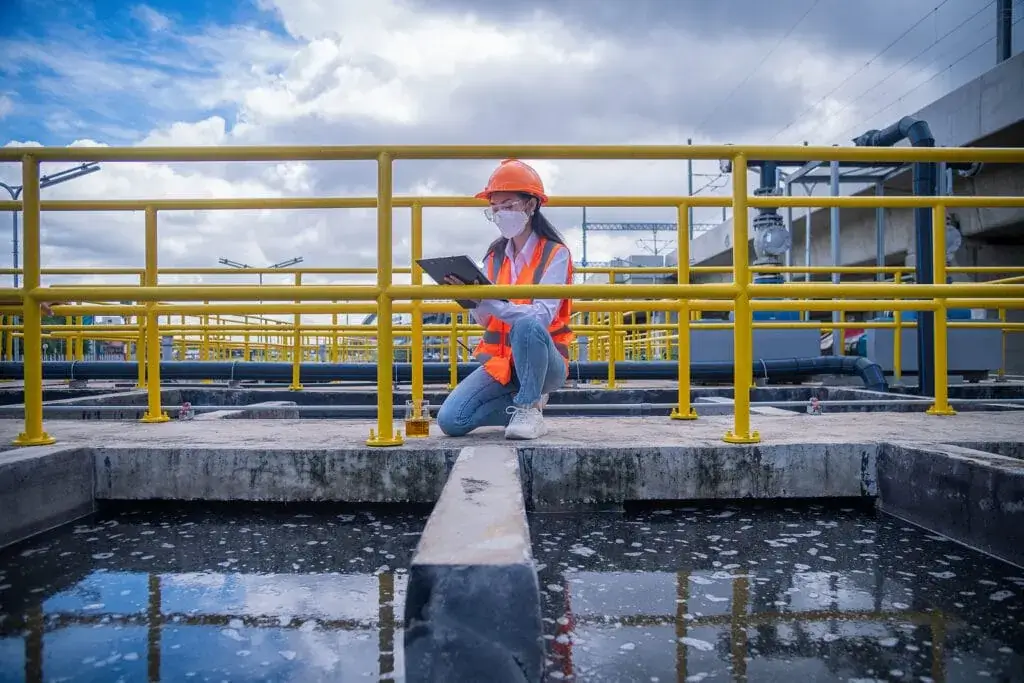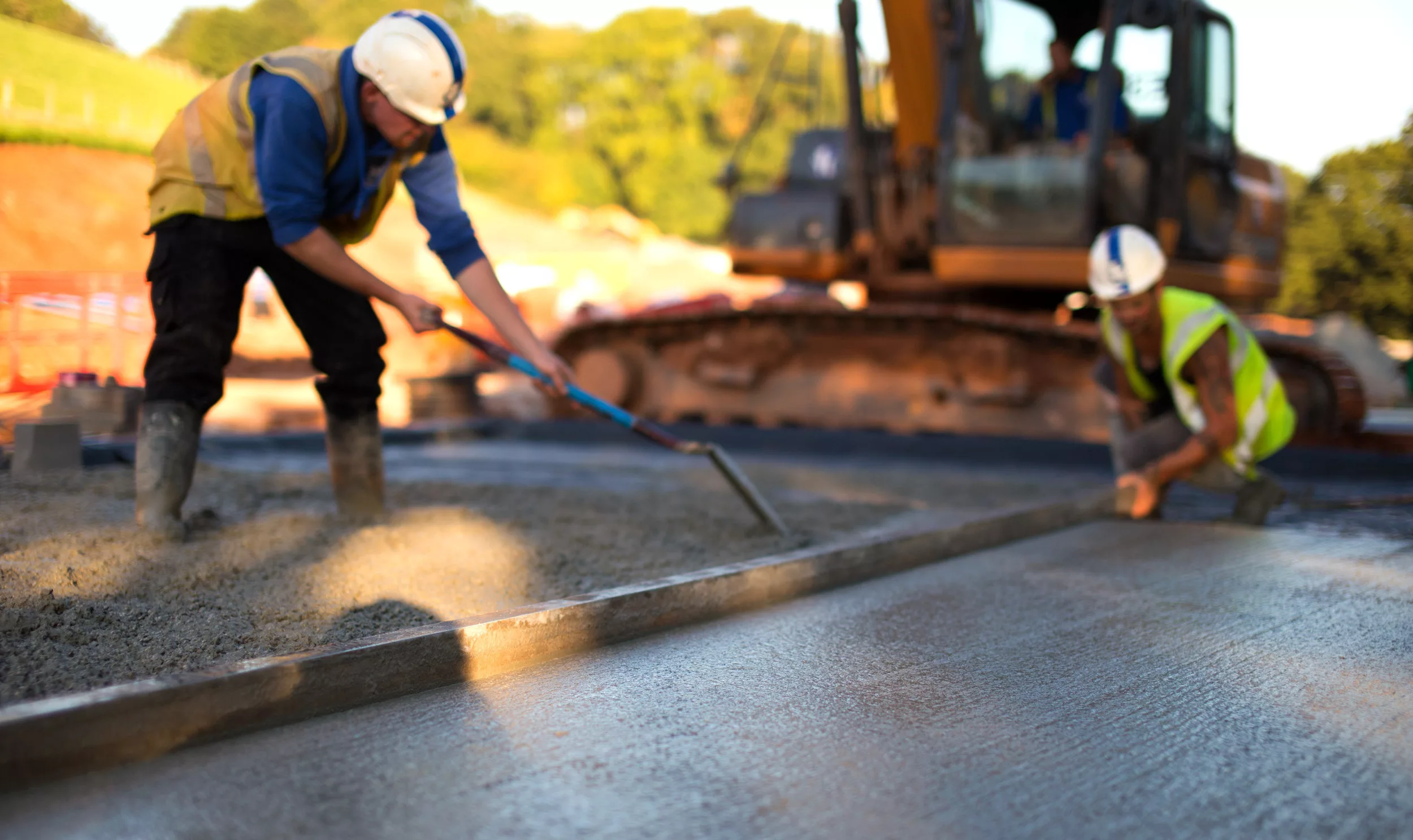
Hard water can be a nuisance for households across America, with up to 85% of American households water source could be described as “hard”. Yet, based on a phone survey conducted in Colorado by HoneyFixThat.com only 3 out of 10 households with hard water are doing anything to soften their water. Whether you get your water from a well or from a city supply, odds are your water supply is hard and it can have a big impact on your daily life.
The buildup of mineral deposits from hard water can clog water lines over time causing you to constantly replace/repair your fixtures and water heaters. Your once-sparkling dishes may now be covered in spots, and your clothes may appear dull and dingy after washing. These are just a few examples of how hard water can negatively affect your home.
The Influence of Geological Characteristics on City and Well Water Hardness
- Water hardness is influenced by sources and treatment processes of both well and city water.
- Well water can contain calcium and magnesium from rock formations, contributing to hardness.
- Well water mineral content varies based on geological characteristics such as limestone bedrock.
- City water comes from rivers, lakes, or reservoirs and undergoes treatment to remove contaminants and minerals.
- Hard City water is treated via ion exchange or lime softening to reduce minerals.
- Hardness may remain in both well and city water despite treatment due to factors such as source, infrastructure age and condition, and treatment methods.
- Well water is usually harder than city water, but level of hardness varies based on geological characteristics.
Water hardness in both well water and city water can be influenced by their respective sources and treatment processes. Well water is sourced from underground aquifers that pass through rock formations, which can contain minerals such as calcium and magnesium. As water travels through these rocks, it picks up the minerals, which can contribute to water hardness.
The geological characteristics of the surrounding area can also play a role in the mineral content of well water. For example, if the area has limestone bedrock, the water may have a higher level of calcium carbonate, leading to harder water.
City water, on the other hand, is often sourced from rivers, lakes, or reservoirs. It undergoes treatment processes to remove contaminants and bacteria, as well as minerals that contribute to water hardness. Treatment methods can include ion exchange resins, reverse osmosis, or lime softening to reduce the mineral content of the water.
However, even with treatment, some level of hardness may remain in the water due to factors such as the source of the water, the age and condition of the municipal water infrastructure, and the specific treatment methods used. Therefore, it’s important to regularly test water for hardness levels and take appropriate steps to reduce any potential negative effects.
Overall, well water is more likely to be hard than city water due to its natural sources, although the level of hardness can vary greatly depending on the geological characteristics of the surrounding area. City water tends to be less hard due to treatment processes, but can still contain some level of hardness.
Practical Solutions for Softening and Improving Hard Water
If you’re experiencing the negative effects of hard water, there are practical steps you can take to improve your water quality. Testing your water for hardness levels is a good starting point, and there are various home testing kits available for this purpose. Once you know the level of hardness in your water, you can consider options such as a water softener system or water descaler to reduce the mineral content and alleviate the issues caused by hard water.
Enjoy Softer Water at Home with a Water Softener System
A water softener is a device that removes minerals that cause water hardness from the water supply. The main component of a water softener is a tank filled with resin beads that are coated with a special salt. When hard water passes through the resin tank, the minerals in the water are attracted to the resin beads, and the salt on the beads replaces the minerals, effectively softening the water.
The process of water softening begins with the regeneration cycle, which involves flushing the resin tank with a solution of salt and water. During this process, the salt solution removes the minerals that have accumulated on the resin beads, restoring their ability to attract minerals from hard water.
The control valve on the water softener is responsible for initiating the regeneration cycle. The valve is programmed to monitor the amount of water used in the household and to initiate the regeneration cycle when the resin tank reaches a predetermined level of hardness. Depending on the size of the water softener and the amount of water used in the household, the regeneration cycle may occur every few days or once a week.
Water softeners can be either salt-based or salt-free. Salt-based water softeners use an ion exchange process, while salt-free water softeners use a process called template-assisted crystallization (TAC). Salt-based water softeners are more effective at removing minerals that cause water hardness, but they require regular maintenance to ensure that the salt levels are properly maintained. Salt-free water softeners are easier to maintain, but they are less effective at removing minerals from the water supply.
Maintaining your plumbing and appliances can also help to reduce the impact of hard water. For example, regularly cleaning showerheads and faucets can prevent mineral buildup and improve water pressure. Using cleaning products specifically designed for hard water can also help to improve cleaning efficiency and prevent buildup on dishes and clothing.
In conclusion, hard water can cause a range of problems for households, but there are practical solutions available to alleviate these issues. By testing your water, investing in treatment options, and maintaining your plumbing and appliances, you can improve your water quality and enjoy the benefits of soft, clean water in your home.








